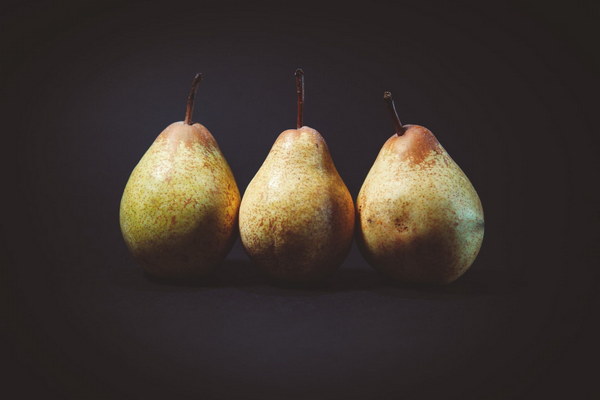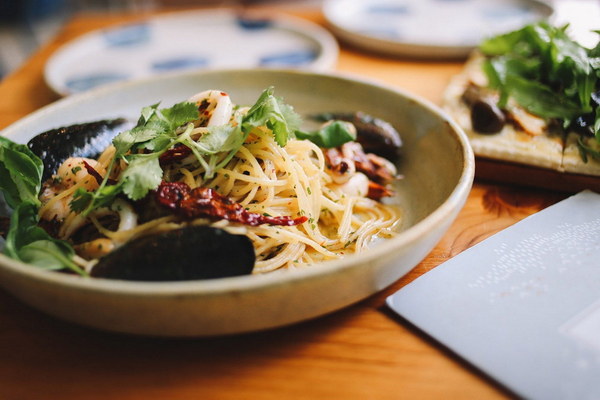Quick Tips for Replenishing Qi and Blood After Appendicitis Surgery
After undergoing appendicitis surgery, it's crucial to focus on replenishing your body's Qi and Blood to aid in recovery. Here are some effective tips to help you bounce back quickly and regain your strength.
Understanding Qi and Blood in Traditional Chinese Medicine (TCM)
In Traditional Chinese Medicine, Qi (vital energy) and Blood are considered the essence of life. Qi is believed to flow through the body's meridians, providing energy and warmth, while Blood nourishes the organs and tissues. After surgery, these vital substances may become depleted, leading to fatigue, weakness, and a slower recovery process.
1. Nutritional Support
A balanced diet rich in essential nutrients can help replenish Qi and Blood. Consider the following:
- Iron-Rich Foods: Anemia is common after surgery, so incorporate iron-rich foods like red meat, dark leafy greens, beans, lentils, and fortified cereals into your diet.
- Vitamin C: This vitamin enhances iron absorption. Citrus fruits, strawberries, bell peppers, and tomatoes are great sources.
- Protein: Lean proteins such as chicken, fish, tofu, and eggs are essential for tissue repair. Aim for 1.5 to 2.2 grams of protein per kilogram of body weight.
- Vitamin B12: This vitamin is crucial for red blood cell production. Incorporate foods like salmon, dairy products, and fortified cereals into your diet.

- Herbal Remedies: Certain herbs, such as Astragalus and Codonopsis, are known to boost Qi and Blood. Consult with a TCM practitioner before using any herbal remedies.
2. Rest and Relaxation
Rest is vital for the body to heal and replenish its Qi and Blood. Ensure you get enough sleep each night and take breaks during the day when feeling fatigued.
3. Gentle Exercise
Engaging in gentle exercises can help improve circulation and boost your energy levels. Consider the following:
- Walking: Take short, leisurely walks to promote blood flow and boost your mood.
- Tai Chi: This gentle martial art can help balance your Qi and improve overall well-being.
- Yoga: Gentle yoga poses can help increase flexibility, reduce stress, and improve circulation.
4. Acupuncture and Massage
Acupuncture and massage therapy can help stimulate Qi and Blood flow, alleviate pain, and reduce stress. These treatments are often recommended by TCM practitioners and can be a great addition to your recovery plan.
5. Hydration
Staying hydrated is essential for maintaining healthy blood volume and circulation. Drink plenty of water throughout the day, and consider herbal teas that are known to support Qi and Blood, such as ginger tea or hibiscus tea.
6. Avoid Overexertion
While it's important to be active, it's equally important to avoid overexerting yourself. Listen to your body and take breaks when needed. Avoid heavy lifting or vigorous exercise until you have fully recovered from surgery.
7. Emotional Support
Emotional well-being plays a significant role in recovery. Surround yourself with supportive friends and family, and consider joining a support group for individuals who have undergone similar surgeries.
By following these tips, you can help your body replenish Qi and Blood after appendicitis surgery, promoting a faster and healthier recovery. Remember to consult with your healthcare provider before making any significant changes to your diet or lifestyle.









